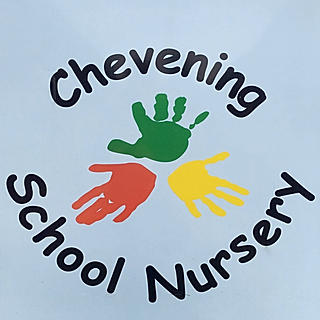Eurovision in nursery
- chevening school nursery
- May 9, 2023
- 2 min read
Lots of singing, dancing and learning about different countries learning about communities and people. We have listened to different songs is different European languages and learning about Eurovision.

Music is a universal phenomenon. And a great way to learn. Every culture has developed some musical traditions, ranging from lullabies to ceremonial and religious music. Music is a way in which we can connect with others and reflect our joys, but also our sorrows. It is a powerful force and one that even unborn babies appear to respond to. Interestingly, it also has the potential to shape babies’ and children’s development in a range of ways.
The benefits of exposure to early music are significant and we are extending our learning into many areas of the EYFS.
PRIME AREAS OF LEARNING AND DEVELOPMENT
When it comes to personal, social and emotional development, musical experiences ought to be seen as essential.
Listening to and making music can also help children to express emotions, but also help children to self-regulate. Singing and making music as part of a group can help children to co-operate and take turns. Listening to and making music is also linked to communication and language benefits. The patterns within music can help babies to break into the sounds of language, while also improving attention and listening skills in older children. Rhymes and songs can develop children’s interest in words and, if an explanation of meaning is provided, can develop vocabulary. There are also opportunities to improve children’s physical development. This includes controlling breathing when singing through to developing co-ordination when making music using simple percussion instruments.
SPECIFIC AREAS OF LEARNING AND DEVELOPMENT
In terms of literacy development, the rhythms, patterns of music and lyrics, especially rhymes in songs, can provide children with not just auditory discrimination but also a rich backdrop of sounds and rhythms that are needed for later writing. There has also been research to show that music can support children’s mathematical skills, especially if we draw their attention to rhythmical patterns and the different length of beats in notes. With some percussion instruments, such as xylophones and bottles filled with water, children can also make connections between their length/volume of water and the sound produced. Why don't you join us for a boogie at home.








Comments